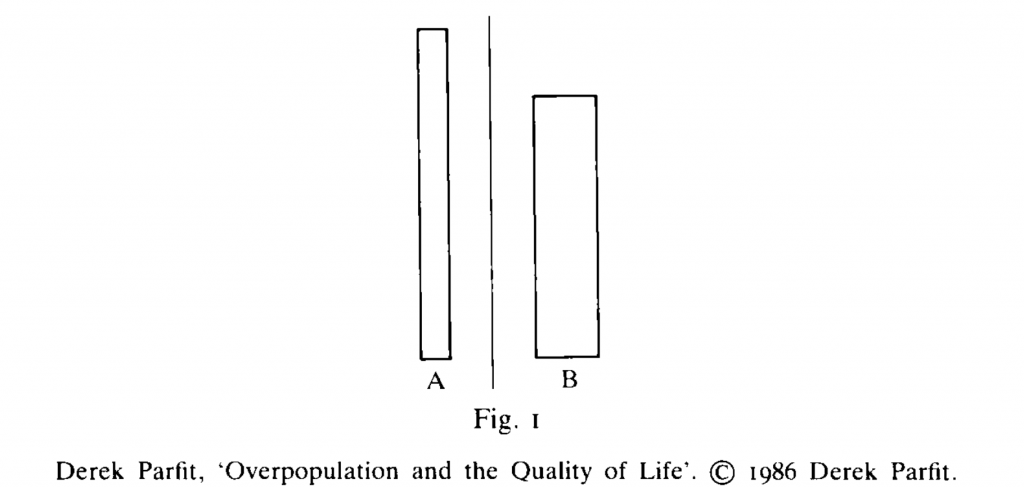Join us on Monday, January 30th in the Strange Lounge of Main Hall for the Strange Philosophy Thing. All are welcome to this informal conversation, and to refreshments.
I ran across this article recently. In it, the author Diana Kwon relates research done by Diana Liao and others in Andreas Nieder’s animal physiology lab at the University of Tuebingen, in which they provide evidence that crows can understand recursion. Kwon also discusses similar research done on monkeys and humans. Recursion is a distinguishing feature of human language, as in, “The horse raced past the barn built by my uncle is a Palomino”. This made me think about Steven Pinker’s attack, in his 1994 book The Language Instinct, on studies through the second half of the 20th century which sought to show that chimpanzees and bonobos were capable of the sort of “open” languages that human beings are capable of (as opposed to “closed” fixed collections of distinct calls). One of Pinker’s critcisms involved highlighting the fact that the English directions to which the bonobos of one study responded were quite simple; none were recursive. Kwon is clear that the results of Liao et al.’s study does not mean that crows are capable of language. (Indeed, this in itself raises the question of why crows understand recursion if not for applications in communication.) But it is nonetheless intriguing if crows have this rather sophisticated cognitive ability.
Corvids have impressed us before, e.g., in their apparent ability to attribute mental states like visual perception to other members of the same species. In another study (Bugnyar et al. 2015), researchers showed that, ravens, which are close relatives of crows, behaved differently if a known peephole in their habitat was open or closed. The ravens were not able to see whether or not there is another raven on the other side of the peephole when it is open. But they would nonetheless reliably re-hide a treat if the peephole was open when they first hid it, and they would not do so if the peephole was closed at first-hiding. The authors of this study conclude that these ravens must understand that other ravens might see them. This sophisticated and generalized reasoning, which involves the attribution of mental states to others that might be present, is another impressive ability not shared by many in the animal kingdom.
All this reminded me potential conditions a thing must meet to be a person. Daniel Dennett discusses several. He says,
“The first and most obvious theme is that persons are rational beings. . . . The second theme is that persons are beings to which states of consciousness are attributed, or to which psychological or mental Intentional predicates, are ascribed. . . . The third theme is that whether something counts as a person depends in some way on an attitude taken toward it, a stance adopted with respect to it. . . . The fourth theme is that the object toward which this personal stance is taken must be capable of reciprocating in some way. . . . This reciprocity has sometimes been rather uninformatively expressed by the slogan: to be a person is to treat others as persons, and with this expression has often gone the claim that treating another as a person is treating him morally. . . . The fifth theme is that persons must be capable of verbal communication. . . . The sixth theme is that persons are distinguishable from other entities by being conscious in some special way: there is a way in which we are conscious in which no other species is conscious. Sometimes this is identified as self-consciousness of one sort or another.” (Quoted from “Conditions of Personhood”, in Brainstorms 1976, 269-70.)
While crows may not have an open language like humans, and are perhaps not even capable of it, a key element of such a structure, viz., recursion, may be present. So even if corvids are not capable of verbal communication, they may nonetheless go some way toward meeting Dennett’s sixth condition, insofar as they may possess a cognitive ability that is a distinctive aspect of human language. This, coupled with their apparent ability to understand that others have mental states, and reason accordingly, makes me wonder how far toward Dennett’s fourth condition corvids go as well.
I thought we could discuss questions about these and other examples of non-human animals going some way to meeting some of the conditions of personhood Dennett sets out. And I thought we could have a more general discussion about the adequacy of these conditions more generally. What is a person? What sets a person apart from non-persons? Should some of Dennett’s conditions of personhood be discarded? Are there any other conditions you think something needs to meet to qualify as a person? Can we ever hope to find a set of conditions that are jointly sufficient for personhood, i.e., some set of conditions that, if met, guarantee that a thing is a person?
I look forward to discussing these and other questions with you on Monday!
Prof. Dixon



